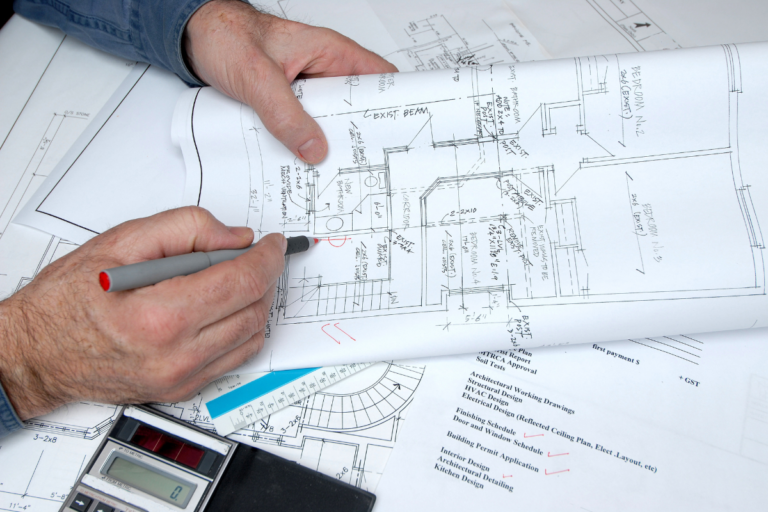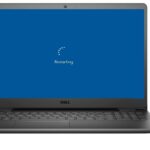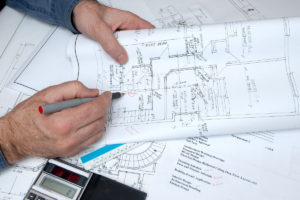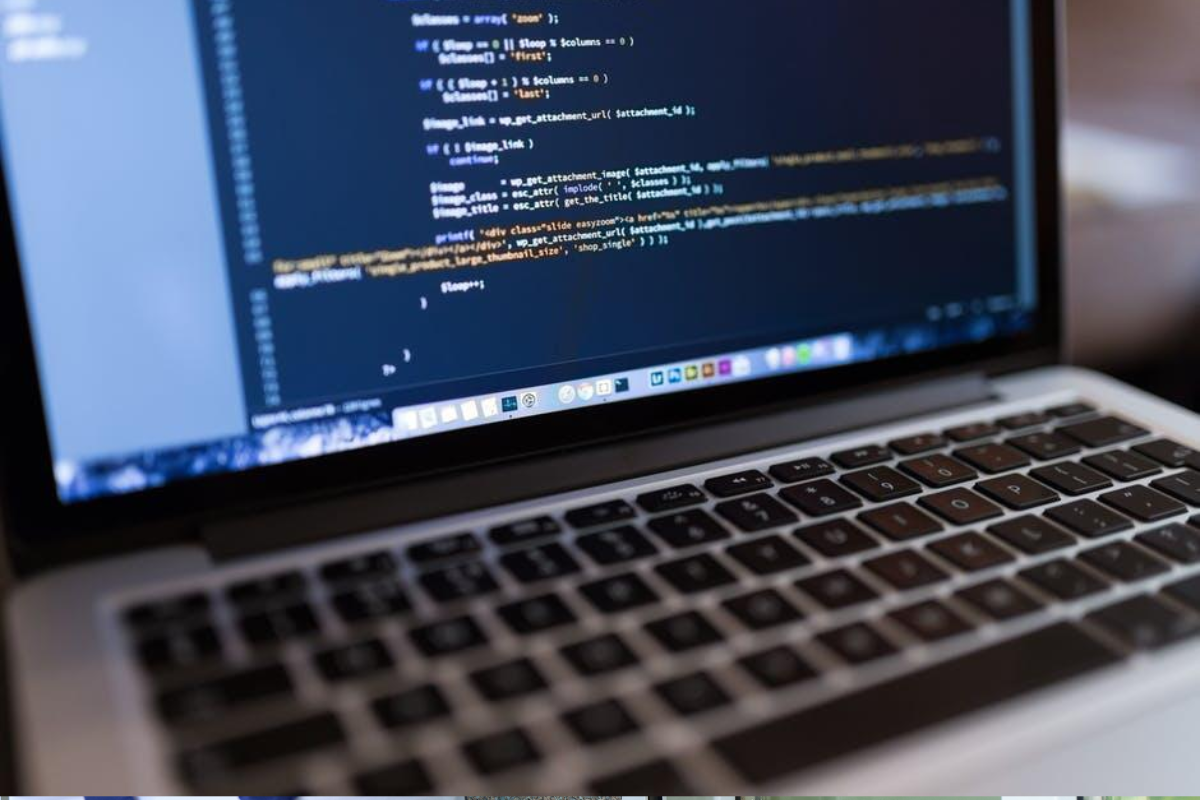Why is my Dell laptop so slow?
Are you experiencing slow performance issues with your Dell laptop?
It can be frustrating when your computer takes forever to load or complete a task.
There are several reasons why your Dell laptop may be running slow, and in this article, we will explore some of the most common causes and solutions.
One of the most common reasons for a slow Dell laptop is fragmented data on the hard disk drive.
This can happen over time as you save and delete files, causing the data to become scattered across the disk.
Another reason could be unused applications running in the background, taking up valuable system resources.
Outdated drivers for devices such as chipset, BIOS, and docking stations can also cause slow performance.
In this article, we will provide tips on how to troubleshoot and fix these issues to improve the performance of your Dell laptop.
Post Contents
Understanding the Basics
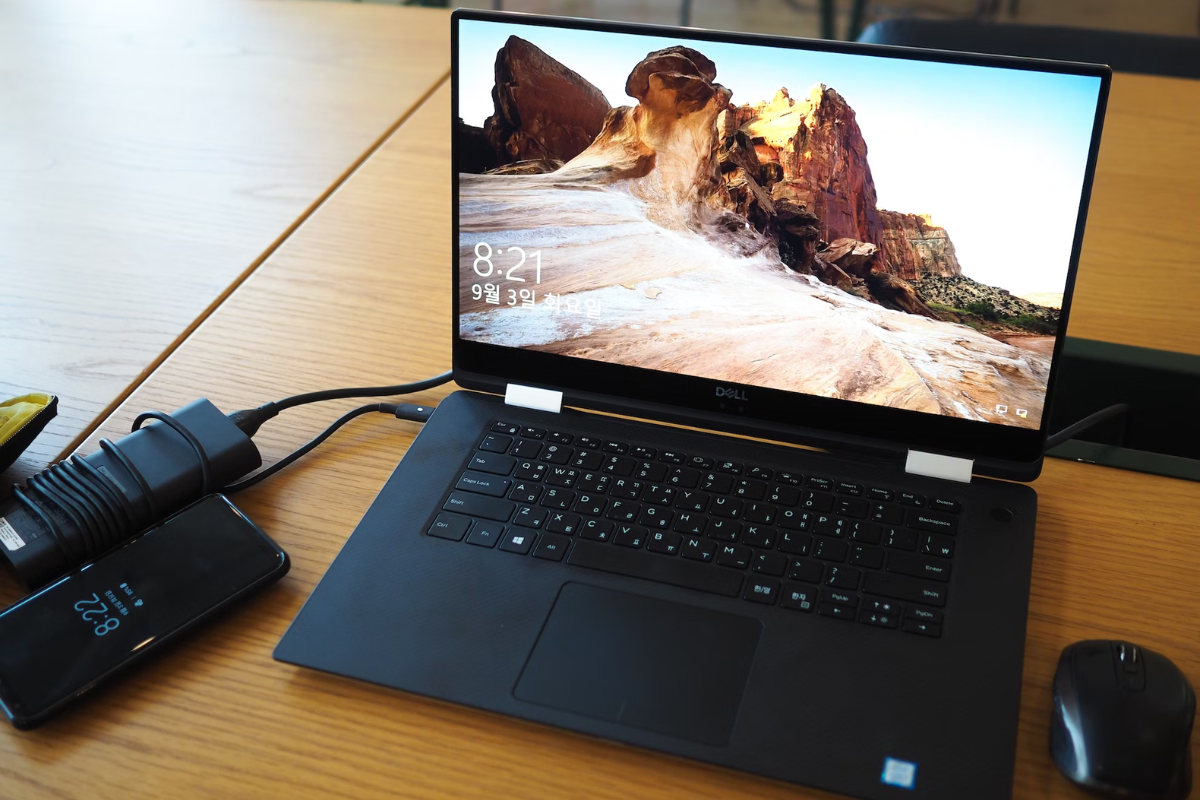
If you’re experiencing slow performance on your Dell laptop, it can be frustrating and impact your productivity.
However, understanding the basics of how your computer works can help you troubleshoot and resolve the issue.
One of the most important components of your laptop is the RAM or memory.
RAM is where your computer temporarily stores data that it needs to access quickly.
If your computer doesn’t have enough RAM, it can slow down as it struggles to keep up with the demands of running multiple programs.
You can check how much RAM your Dell laptop has by going to the System Properties in the Control Panel.
The processor is another key component of your laptop.
It’s responsible for carrying out instructions and performing calculations.
If your processor is outdated or not powerful enough, it can cause your computer to slow down.
You can check your processor type and speed by going to the System Information in the Control Panel.
The hard drive is where your computer stores all your files and programs.
If your hard drive is full or fragmented, it can cause your computer to slow down.
You can free up space on your hard drive by deleting files you no longer need or moving them to an external hard drive.
Additionally, you can defragment your hard drive to improve performance.
If you have a solid-state drive (SSD) instead of a traditional hard disk drive (HDD), it can significantly improve your computer’s performance.
SSDs are faster and more reliable than HDDs, but they can be more expensive.
If you’re looking to upgrade your laptop’s hard drive, consider investing in an SSD.
Finally, the paging file or virtual memory is an area on your hard drive that your computer uses as additional memory when it runs out of RAM.
If your paging file is too small, it can cause your computer to slow down.
You can adjust the size of your paging file in the System Properties in the Control Panel.
By understanding these basic components of your Dell laptop, you can diagnose and resolve performance issues.
In the next section, we’ll explore some specific steps you can take to improve your laptop’s performance.
Why is My Dell Laptop So Slow?
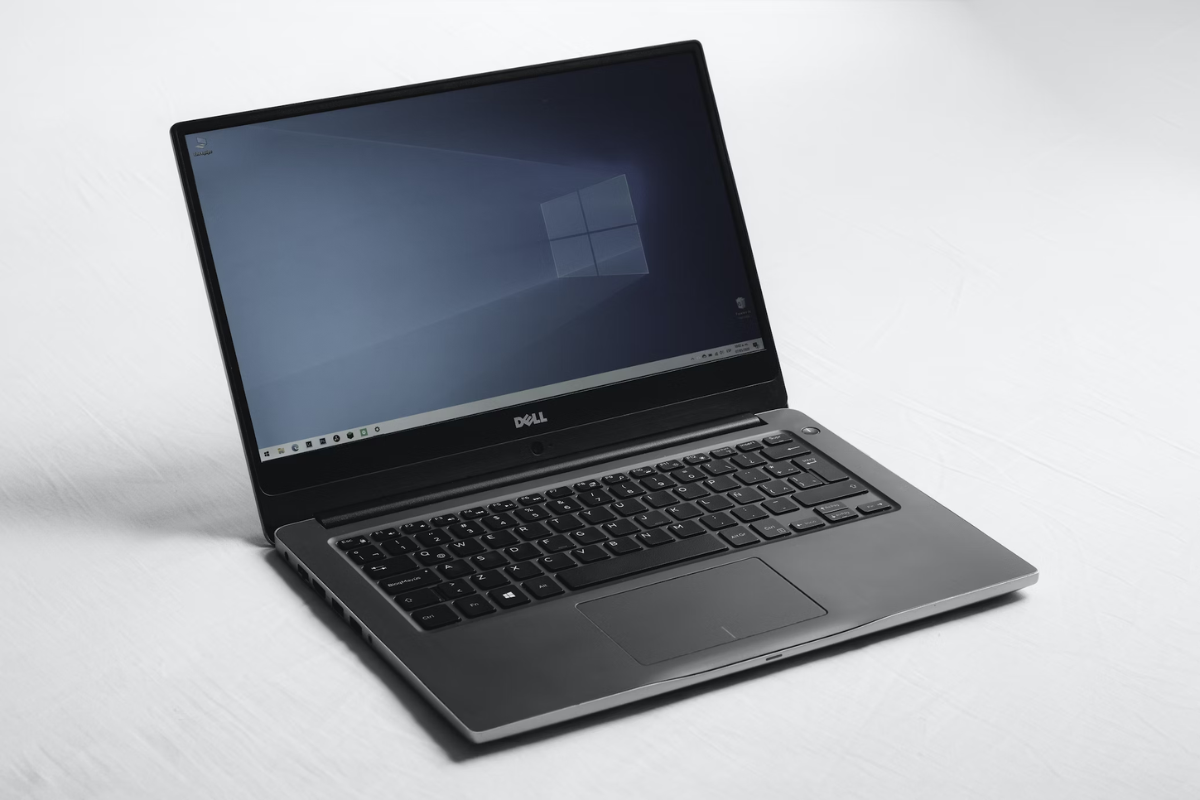
If you are experiencing slow performance on your Dell laptop, it can be frustrating and impact your productivity.
Several factors can contribute to performance-related issues, including outdated software, hardware failure, and malware.
In this section, we will explore some possible causes and solutions to help you troubleshoot and improve the performance of your Dell laptop.
One of the most common reasons for a slow Dell laptop is outdated software or programs running in the background.
Unused applications running in the background can consume valuable system resources, causing your laptop to slow down.
To improve performance, you can close any unnecessary programs and apps and remove any outdated software.
Another factor that can contribute to slow performance is outdated or corrupt device drivers.
Outdated drivers for devices such as chipset, BIOS, docking stations, and so on can cause performance issues.
Updating your device drivers can help resolve performance-related issues and improve the overall performance of your Dell laptop.
Malware, viruses, and spyware can also cause performance-related issues on your Dell laptop.
These malicious programs can consume system resources and slow down your laptop.
To prevent malware, viruses, and spyware from infecting your laptop, you should install antivirus software and perform regular scans.
Dust and overheating can also cause performance-related issues on your Dell laptop.
Over time, dust can accumulate in the air vents and fans, causing your laptop to overheat and slow down.
To prevent overheating, you should regularly clean the air vents and fans and ensure that your laptop has proper ventilation.
Aging hardware or hardware failure can also cause performance-related issues on your Dell laptop.
Hard drives, batteries, and AC adapters can degrade over time, causing your laptop to slow down or shut down unexpectedly.
Identifying the Problem
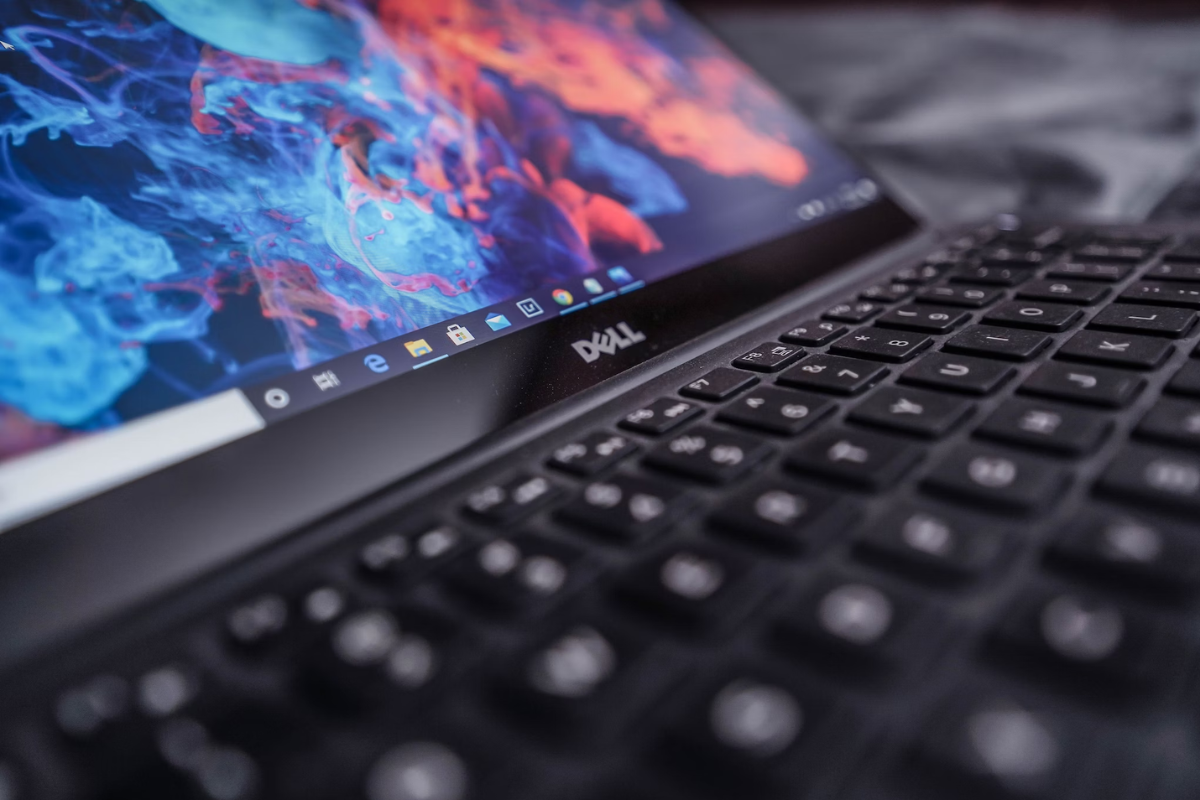
If your Dell laptop is running slow, it can be frustrating and impact your productivity.
However, before you can fix the problem, you need to identify what is causing it.
Here are some steps you can take to identify the problem:
Check for Malware and Viruses
One of the most common reasons for a slow laptop is malware or viruses.
These can impact the performance of your computer and cause it to slow down significantly.
To check for malware and viruses, you can use Windows Defender or any other anti-virus software that you have installed on your computer.
Run a full scan of your system to identify and remove any malicious software.
Check for Compatibility Issues
Sometimes, programs that are not compatible with your computer can cause it to slow down.
To check for compatibility issues, you can use the Program Compatibility Troubleshooter.
This tool will help you identify any programs that are not compatible with your computer and suggest solutions to fix the problem.
Use Task Manager
Task Manager is a built-in tool in Windows that can help you identify which programs are using the most resources on your computer.
To open Task Manager, press Ctrl + Shift + Esc.
From there, you can see which programs are using the most CPU, memory, and disk resources.
If you notice any programs that are using a lot of resources, you can close them to free up space and speed up your computer.
Check Your Service Tag and Validation Code
If your Dell laptop is still under warranty, you can use the Service Tag and Validation Code to identify any issues with your computer.
These codes can help you get in touch with Dell support and get assistance in fixing the problem.
Use SupportAssist
SupportAssist is a tool that comes pre-installed on most Dell laptops.
It can help you identify and fix any issues with your computer.
To use SupportAssist, open the program and run a scan of your system.
It will identify any issues and suggest solutions to fix them.
Solutions to Improve Laptop Speed
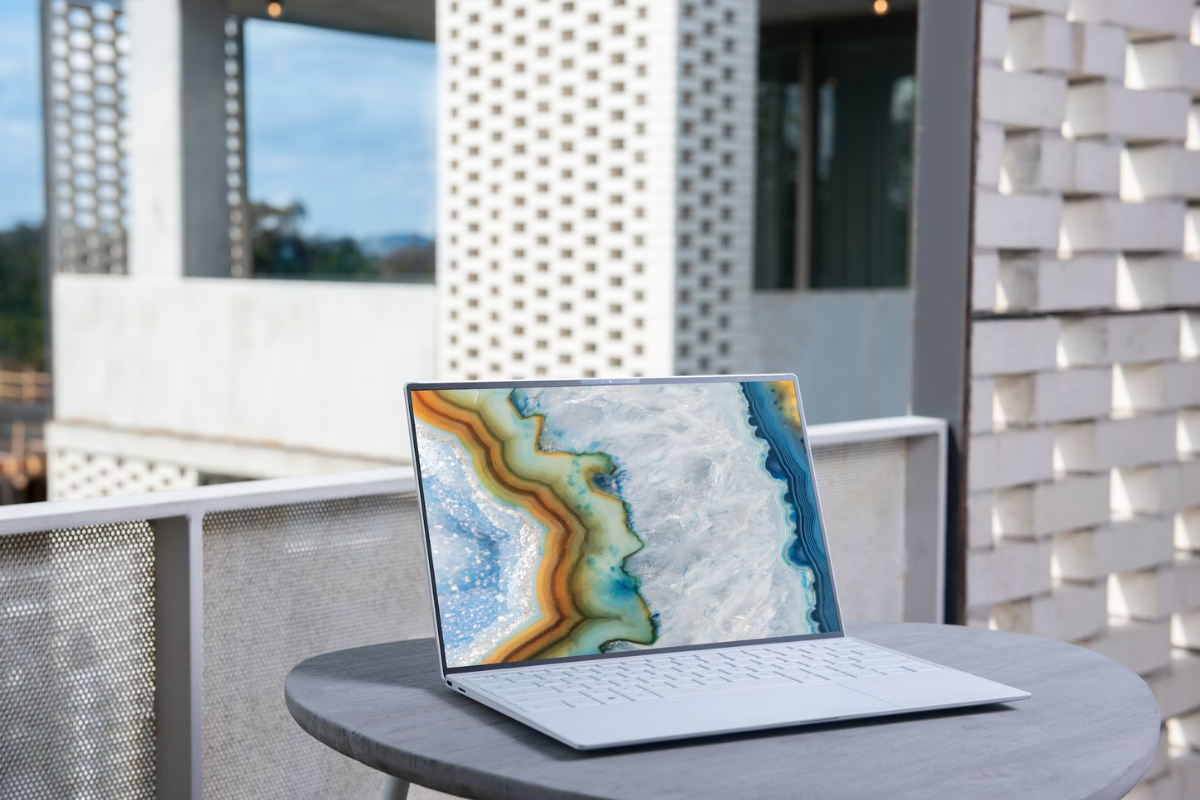
If your Dell laptop is running slow, there are several solutions you can try to improve its speed.
Here are some tips that can help:
Clean up your laptop
One of the reasons why your laptop may be running slow is because it’s cluttered with unnecessary files and programs.
You can use the built-in Disk Cleanup tool to remove temporary files, cached files, and other unnecessary data that’s taking up space on your hard drive.
You can also use third-party tools like CleanMyPC to clean up your laptop and free up space.
Uninstall unwanted programs
If you have programs installed on your laptop that you don’t use, consider uninstalling them.
Unwanted programs can take up valuable resources and slow down your laptop.
To uninstall a program, go to Control Panel > Programs > Uninstall a program, and select the program you want to remove.
Update your laptop
Updating your laptop can improve its performance and fix any bugs or issues that may be causing it to run slow.
Make sure you have the latest version of Windows installed, and check for any optional updates that may be available.
Restart your laptop
Sometimes all your laptop needs is a simple restart to improve its performance.
Restarting your laptop can clear out any temporary files or processes that may be causing it to run slow.
Defragment your hard drive
If your laptop has a traditional hard drive, you may want to consider defragmenting it.
Defragmenting your hard drive can improve its performance by rearranging data so that it’s stored more efficiently.
To defragment your hard drive, go to Control Panel > System and Security > Administrative Tools > Defragment and Optimize Drives.
Disable startup programs
If your laptop is taking a long time to start up, it may be because you have too many programs set to run at startup.
To disable startup programs, go to Task Manager > Startup, and disable any programs you don’t need.
By following these tips, you can improve the speed and performance of your Dell laptop.
Optimizing Your Dell Laptop
If you’re experiencing slow performance on your Dell laptop, there are several things you can do to optimize it.
Here are some tips to help improve the speed and performance of your laptop:
Reduce Visual Effects and Animations
Visual effects and animations can be nice to look at, but they can also slow down your laptop.
To improve performance, you can reduce the visual effects and animations on your laptop.
Here’s how:
- Click on the Start menu and type “performance” in the search box.
- Click on “Adjust the appearance and performance of Windows.”
- Click on “Adjust for best performance” or select the visual effects that you want to keep.
Close Unnecessary Browser Tabs and Links
Having too many browser tabs and links open can slow down your laptop.
To improve performance, close any tabs and links that you don’t need.
Here’s how:
- Click on the X button on the tab you want to close.
- Right-click on the link you want to close and select “Close tab.”
Optimize Images and Videos
Images and videos can take up a lot of space on your laptop, which can slow down performance.
To optimize images and videos, you can compress them.
Here’s how:
- Right-click on the image or video you want to compress.
- Click on “Properties.”
- Click on “Advanced.”
- Check the box next to “Compress contents to save disk space.”
Prevent Freezing and Crashing
Freezing and crashing can be frustrating and can slow down your laptop.
To prevent freezing and crashing, you can do the following:
- Keep your laptop updated with the latest software updates and security patches.
- Use a reliable antivirus software to protect your laptop from malware and viruses.
- Avoid downloading and installing programs from untrusted sources.
Avoid Overloading Your Laptop
Overloading your laptop with too many programs and files can slow down performance.
To avoid overloading your laptop, you can do the following:
- Keep your desktop and folders organized.
- Uninstall any programs that you don’t use.
- Use cloud storage to store files and documents that you don’t need on your laptop.
By following these tips, you can optimize the performance of your Dell laptop and enjoy a faster, more efficient computing experience.
When to Seek Professional Help
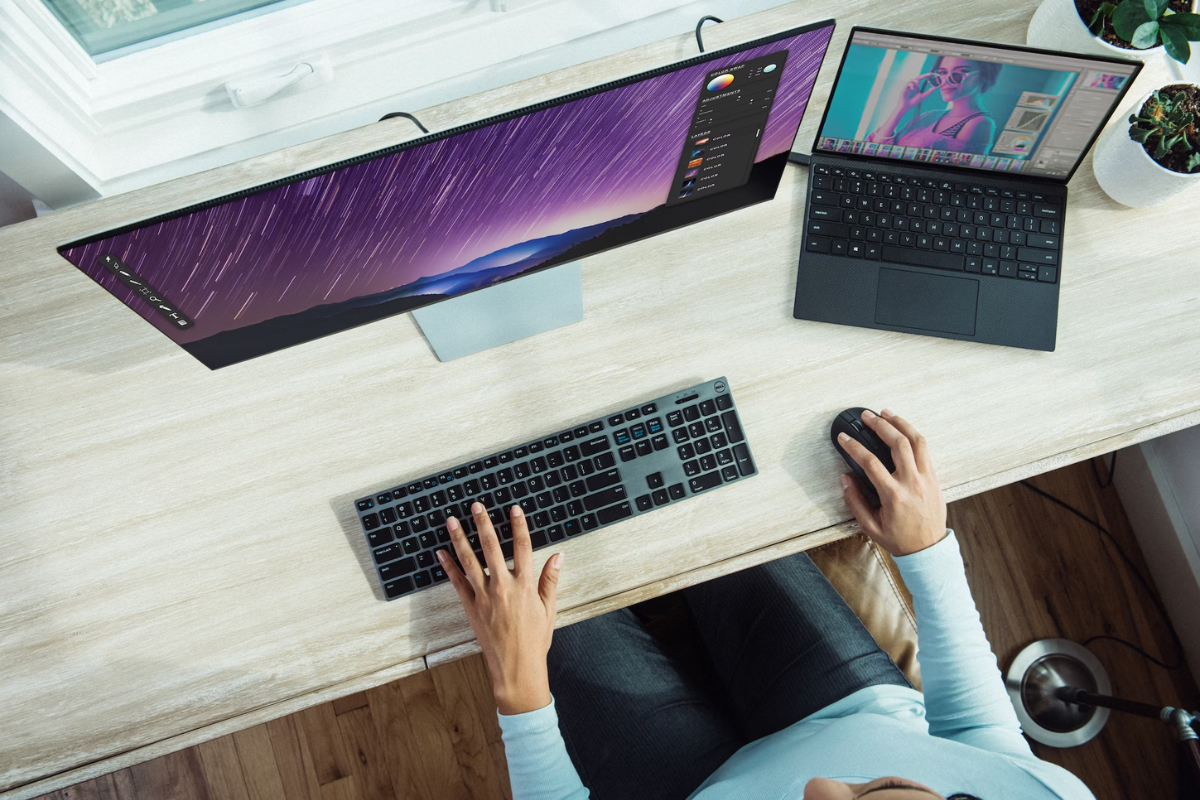
If you’ve tried all the troubleshooting steps mentioned in the previous sections and your Dell computer is still slow, it may be time to seek professional help.
Here are some signs that indicate you should reach out to Dell support:
- Your computer is still slow even after you’ve upgraded its hardware components, such as RAM or hard drive.
- You notice unusual noises coming from your computer, such as clicking or grinding sounds. This could indicate a hardware failure.
- You suspect your computer is infected with malware or spyware, but your antivirus software is unable to detect or remove it.
- You experience frequent crashes, freezes, or blue screen errors.
- Your computer is overheating, and you’ve already cleaned the fan system and applied new thermal paste.
If any of these symptoms apply to your Dell computer, don’t hesitate to contact Dell support.
You can reach out to them through their website, phone, or chat support.
Before you do, make sure you have the following information handy:
- Your Dell computer’s service tag or express service code. You can find this information on the bottom of your laptop or on the back of your desktop tower.
- A detailed description of the problem you’re experiencing, including when it started and what you’ve already tried to fix it.
- Any error messages or codes you’ve encountered.
Dell’s support team is well-equipped to diagnose and resolve a wide range of issues, from hardware failures to software conflicts.
They may recommend running the SupportAssist tool, which can automatically detect and fix common issues on your computer.
In some cases, they may need to remotely access your computer to troubleshoot the problem.
If your Dell computer is still under warranty, you may be eligible for a free repair or replacement.
Even if it’s not, Dell’s support team can provide you with a quote for the repair costs.
Key Takeaways
If your Dell laptop is running slow, there are a few key takeaways to keep in mind:
- Overheating can cause slow performance. If your laptop is getting too hot, it can cause slow performance and even damage your hardware. Make sure your laptop is properly ventilated and not overheating.
- Outdated drivers can cause slow performance. Keep your drivers up to date to ensure your laptop is running smoothly. Check for updates regularly and install them as needed.
- Too many programs running can cause slow performance. Having too many programs running at once can slow down your laptop. Close any programs you’re not using to free up resources.
- A full hard drive can cause slow performance. If your hard drive is full, it can slow down your laptop. Delete any unnecessary files or programs to free up space.
- Low power mode can cause slow performance. If your laptop is accidentally in low power mode, it can cause slow performance. Make sure your laptop is set to high performance mode.
- Fragmented data on the hard disk drive can cause slow performance. Defragmenting your hard drive can help improve performance. Use the built-in Windows defragmentation tool or a third-party tool to defragment your hard drive.
By keeping these key takeaways in mind, you can troubleshoot and improve the performance of your Dell laptop.




